Over 60 Cuban Activists Mark Ten Days of Hunger Strike
Over 60 members of the Patriotic Union of Cuba, believed to be the island’s largest pro-democracy dissident group, marked ten days of a group hunger strike against the regime on Monday.
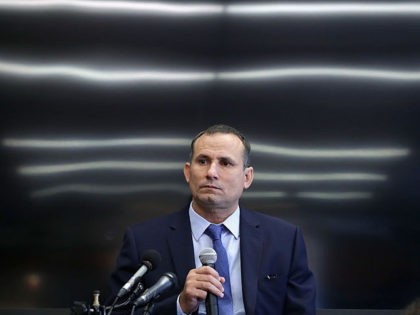
Over 60 members of the Patriotic Union of Cuba, believed to be the island’s largest pro-democracy dissident group, marked ten days of a group hunger strike against the regime on Monday.

Cuban dissidents reported on Friday that José Daniel Ferrer, the head of the Patriotic Union of Cuba (UNPACU), had been released after spending six months in prison without evidence of having committed a crime.
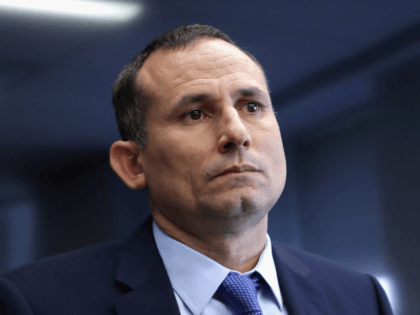
Secretary of State Mike Pompeo published an open letter on Monday to his Cuban counterpart, Foreign Minister Bruno Rodríguez, urging Cuba to free tortured political prisoner José Daniel Ferrer, the head of the largest dissident group on the island.
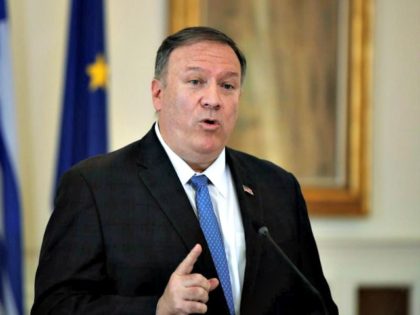
Cuban police told the 17-year-old son of José Daniel Ferrer, the head of Cuba’s largest dissident group, to relay to his imprisoned father that his only chance at freedom is to leave the country, the younger Ferrer said on Monday.

Cuban government agents arrested the wife and three children of José Daniel Ferrer, the head of the Patriotic Union of Cuba (UNPACU) dissident group, on Monday for demanding a government-mandated routine visit with the democratic activist, arrested after planning a peaceful protest in October.

Human rights groups revealed Thursday that José Daniel Ferrer, the head of the largest dissident organization in Cuba, is nearing death after a month in prison in which guards are reportedly feeding him rotten food and “semi-fecal” water.
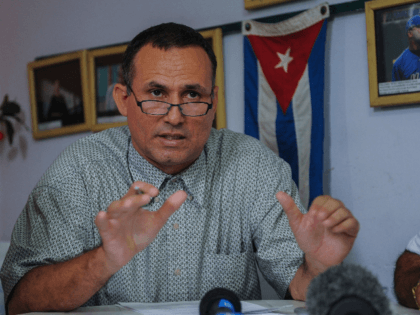
The United Nations demanded in a letter Tuesday that the communist regime in Cuba reveal the whereabouts of José Daniel Ferrer, the head of the largest dissident group of the island, who has been missing since his October 1 arrest.

The Patriotic Union of Cuba (UNPACU), the largest dissident organization on the island, denounced the disappearance Tuesday of its leader, José Daniel Ferrer, from records at the prison where authorities told his family he was being held.

Police arrested over 100 pro-democracy dissidents, dozens of which remain missing at press time, in Cuba on Sunday both in anticipation of and to shut down a protest event underway to observe the feast day of the patron saint of Cuba, Our Lady of Charity (La Virgen de la Caridad del Cobre).
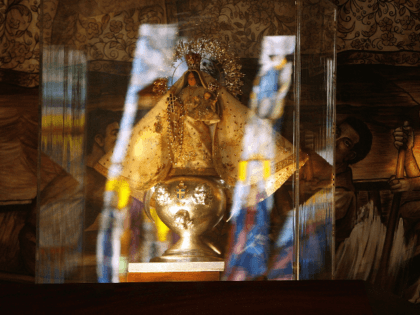
The Patriotic Union of Cuba (UNPACU), the largest Cuban dissident group on the island, and the Cuba Decide movement, an organization dedicated to bringing free and fair elections to the island, announced this week a mass protest to honor Cuba’s patron saint, Our Lady of Charity, on her feast day, Sunday.
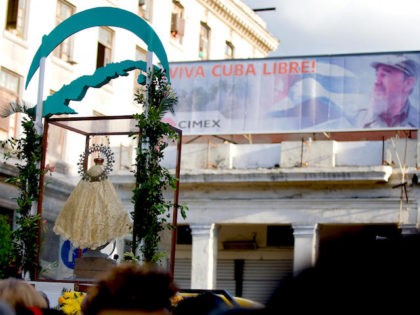
Police in Cuba raided the headquarters of the dissident group Patriotic Union of Cuba (UNPACU) on Tuesday, arresting its leader, José Daniel Ferrer, a day after an Amnesty International report revealed “the state’s tactics have stayed almost exactly the same” for decades to silence dissent.

The Patriotic Union of Cuba (UNPACU), one of the island’s largest dissident groups, published evidence of the Castro regime selling rotten meat to locals in eastern Santiago de Cuba at a market that has no functioning refrigeration, the Spanish newspaper Diario de Cuba reported on Sunday.
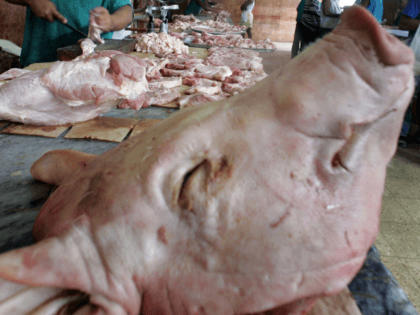
An over 200-page report published by a coalition of human rights NGOs Wednesday concluded “without fear of error” that Cuba has violently forced or threatened to force, “hundreds” of political dissidents into exile, in many cases buying them plane tickets and taking them to the airport at gunpoint.
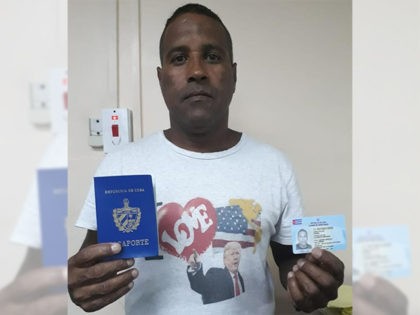
Cuban dissidents on the island and members of the American exile community welcomed news Wednesday, the anniversary of the failed Bay of Pigs invasion, that the Trump administration would allow Americans to sue the Cuban communist regime to reclaim property stolen during the Cuban Revolution.
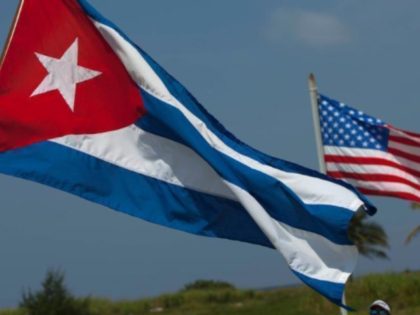
The pro-democracy dissident organization Patriotic Union of Cuba (UNPACU) announced Wednesday that over 120 people across the island had joined their collective hunger strike protesting the abuses of the Castro regime against opponents of a “new” Communist Party constitution set to pass this weekend.
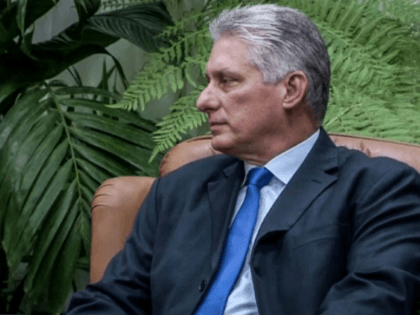
A group of 89 pro-democracy dissidents, members of the Patriotic Union of Cuba (UNPACU), asked President Donald Trump in an open letter published Monday for his support for their campaign against a Communist Party referendum to impose a new constitution on the country.
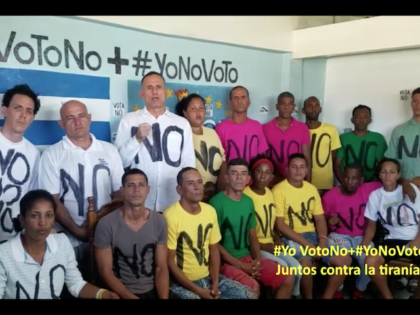
The head of the dissident organization Patriotic Union of Cuba (UNPACU) announced Friday that the number of pro-democracy activists staging a hunger strike against the regime’s violence has risen to 43 people, following a week of raids of UNPACU members’ homes in which police beat and arbitrarily imprisoned many of its leaders.
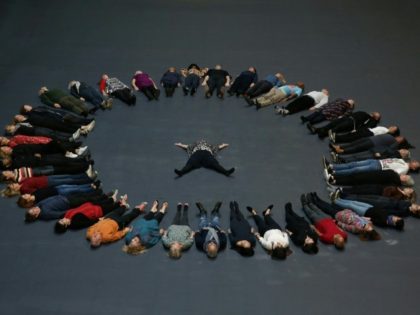
The head of the Patriotic Union of Cuba (UNPACU), a Cuban pro-democracy organization, announced Wednesday that 23 members of the group are on hunger strike after violent raids resulted in a mass arrest of fellow members in anticipation of the communist regime staging a fraudulent “constitutional referendum” this month.
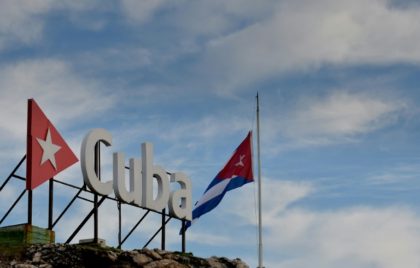
Two Black Fridays ago – on November 25, 2016 – Cuban dictator Fidel Castro finally died. Two years later, the pro-democracy activists at the forefront of the fight for freedom lament that little in Cuba has changed for them, and what has changed has worsened.
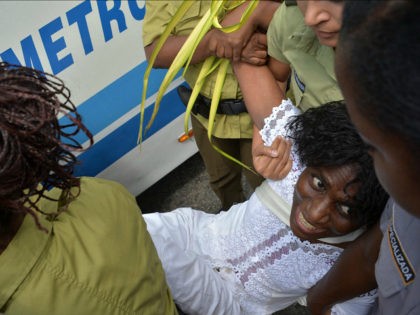
Cuban dissident groups confirmed on Tuesday that the communist regime had agreed to liberate Tomás Núñez Magdariaga, a member of the pro-democracy Patriotic Union of Cuba (UNPACU), on Monday after 62 days on hunger strike.
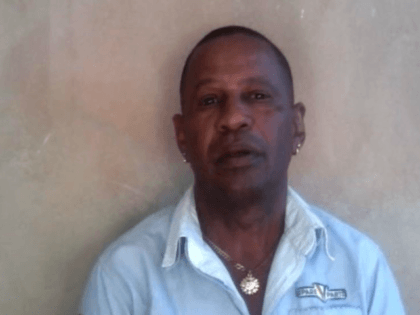
Tomás Núñez Magdariaga, a Cuban political prisoner imprisoned on false assault charges, entered day 42 of a hunger strike Tuesday. His case rises to prominence as Cuban puppet president Miguel Díaz-Canel makes the social rounds at the United Nations in New York.

The head of the Patriotic Union of Cuba (UNPACU), one of the island’s largest pro-democracy groups, accused the government of attempting to taint the food at the group’s headquarters with a “noxious substance,” the latest in a string of similar claims by dissidents both in and out of prison.
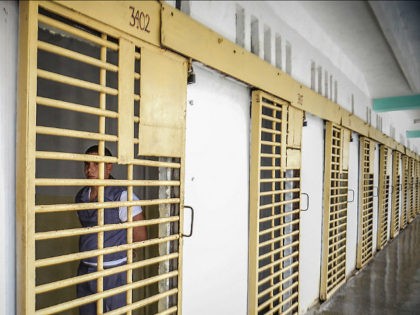
Cuban dissident leaders who protested President Barack Obama’s “normalization” concessions to the Castro regime are eagerly awaiting President Donald Trump’s anticipated rollback of these reforms, expecting Trump to be “fair to dissidents and the exile community.”
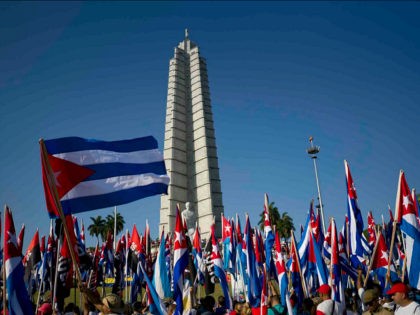
Hamell Santiago Maz Hernández, a Cuban dissident awaiting trial in the nation’s most notorious maximum security prison on a charge of “disrespect” for the Revolution, died of mysterious circumstances in late February. Now, fellow dissidents at the prison fear eating government-issued food, worried that the government poisoned their colleague.
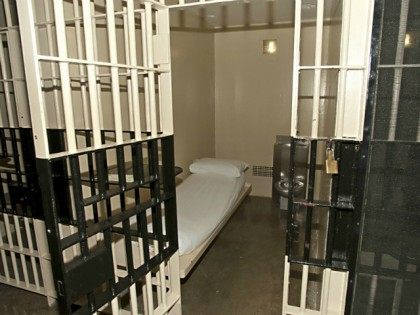
Fidel Castro, the dictator who used firing squads, labor camps, beatings, torture, and hunger to oppress his people for more than half a century, died Friday night at the age of 90. His demise – though his brother, Raúl, remains in power – has led many to ask what the future holds for Cuba’s anti-communist dissident community.
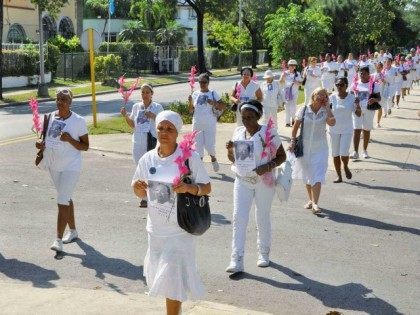
Cuba’s communist dictatorship has extended seven dissidents a one-time offer of a round trip abroad, as an apparent concession in light of President Barack Obama’s upcoming trip to the island. The dissidents, many in their seventies, say they doubt the good intentions of the government, accusing the Castro regime of trying to divide the dissident community by offering arbitrary benefits.
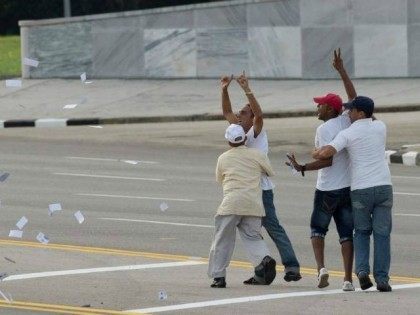
As the Cuban government begins to free dissidents, imprisoned to keep them from potentially disrupting Pope Francis’s visit with their presence, dissident organizations are releasing statistics on just how many people were arrested.

The Cuban government placed up to 20 women under house arrest for planning to attend Pope Francis’ Mass in Havana on Sunday, while at least two others were dragged away and arrested at the event for approaching the Pope while shouting the word “freedom.”
